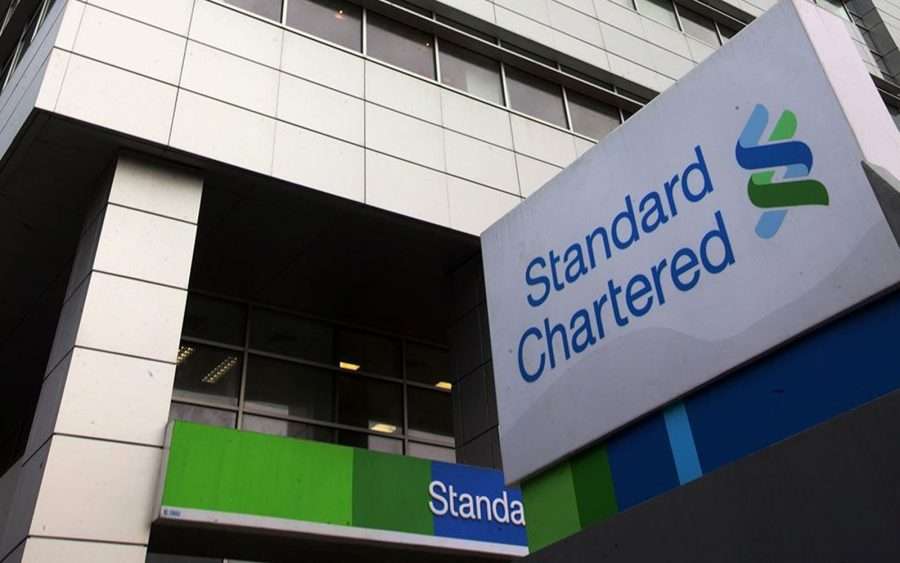By The Weekly Vision Team
Judge Stella Ruto of the Nairobi Labour and Relations Court has ordered Standard Chartered Bank to compensate the bank’s former employee, Steve Kiilu, for unfair dismissal from employment for allegedly accessing customers’ accounts that led to a fraudulent withdrawal and a loss of Ksh.7, 460,000.
In a ruling dated October 27, 2023, the judge ordered “a declaration that the claimant’s termination was substantively unfair and wrongful” and awarded him compensatory damages in the sum of Ksh. 300,000, equivalent to five months of his gross salary. In his evidence, Mr Kiilu claimed that his dismissal was out of suspicion and not on concrete evidence, terming it premature, devoid of any reason, and unlawful.
However, the bank, in their defence, maintained that Kiilu was dismissed on grounds of unauthorized access to a customer’s account, during which period eight fraudulent check payments were made. According to the bank, they had a valid reason to terminate Kiilu’s services since he had admitted that he was the only one with access to his password.
Kiilu claimed that his line manager informed him that he had viewed a customer’s account several times. He was given the account name and asked if he knew the specific customer if he had served her before and the reasons for his viewing the account. To his knowledge, he didn’t know the customer in question. He had never served her before in the branch, and he had never viewed that account at all. However, the branch manager insisted that it was he who had viewed the account.
He was immediately suspended to give room for investigations, and he was to report to the branch manager at the branch every Friday at 9:00 a.m. to know the progress of the investigations. He later participated in a disciplinary hearing. The same questions regarding his viewing of an account arose, and he responded the same way as in the previous interview.
During the disciplinary hearing, he asked for clear evidence regarding the fraud based on CCTV footage, which he was never given. He was given his letter of termination, appealed the decision to terminate his employment, and wrote a letter requesting evidence.
The bank called two witnesses, Mr Anthony Kilonzo and Ms Nidaa Darr. Kilonzo is the bank’s employee relations manager. He claimed that the bank carried out an investigation and did a search on Memento and established that Kiilu had, without authority, accessed the customer’s account number 010030124****.
During the disciplinary hearings, Kiilu denied viewing the account and denied ever serving the said customer. He maintained that he had never met her. He was, however, at pains to explain how his password was used to access the said account 32 times. He also denied sharing his password with anyone. He was later informed that his appeal was not successful and was issued a hard copy of the termination letter.
While dismissing the case, the judge noted that “what manifests from the foregoing is that, as per the Memento report, the claimant was able to view the same account on the same day, the same hour, the same minute, and the same second, more than once. The claimant contended that this was not humanly possible”. The judgment further reads, “In light of the foregoing and noting that the extract of the Memento report was the respondent’s smoking gun, I am led to further question its credibility and its evidentiary value in this case. I ask, was it a credible piece of evidence that a reasonable employer would use to hold the claimant culpable for the allegations leveled against him? My answer is no”.
The judge noted, “Over and above proving that it had reasons to terminate the services of an employee, an employer is required under the Act to go further and prove that it accorded an employee procedural fairness prior to terminating his or her employment”.
The final ruling reads “As the Court has found that the Claimant’s termination was without substance and hence wrongful, the Court, being guided by the principles set out under Section 49(4) of the Act, awards him compensatory damages equivalent to five (5) months of his gross salary”.




